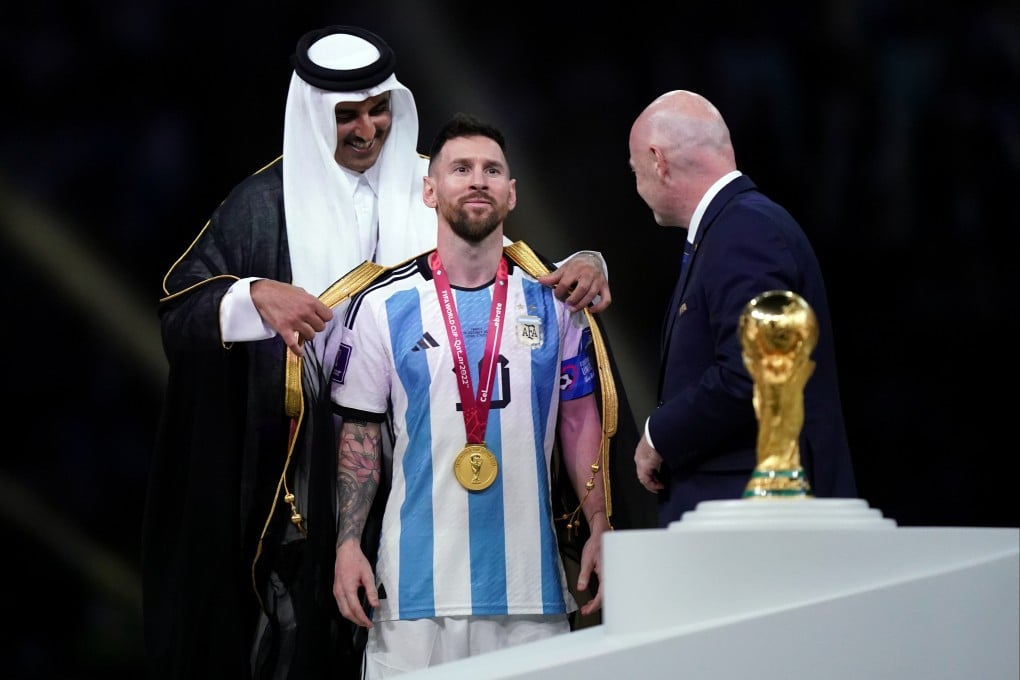Advertisement
Opinion | From the Qatar World Cup to Beijing Olympics, here’s the inconvenient truth about sporting events
- Global sports will always be political and the hypocrisies have been particularly disappointing this year. But it should never get in the way of the beautiful sporting tradition of uniting people around the world
Reading Time:4 minutes
Why you can trust SCMP
2

One of the year’s biggest highlights is perhaps how the Beijing Winter Olympics and Qatar World Cup have both inspired and outraged so many. The major sporting events attracted boycott calls and elevated the debate on politics in sports. Particularly disappointing was the hypocrisy displayed by sporting nations.
Take, for a start, the US-led diplomatic boycott of the Beijing Games on human rights grounds. It seemed paradoxical that American athletes were allowed to compete and US officials applied for visas to attend, even if only for “security support”.
Ironically, the United States did the opposite for the Qatar World Cup, with known football fan Secretary of State Antony Blinken attending a game there. He commended Qatar’s labour rights progress, despite claims of up to 6,500 foreign worker deaths in building World Cup infrastructure and a poll suggesting almost six out of 10 US football fans supported a boycott.
Advertisement
Quite a stark contrast from France’s President Emmanuel Macron, who rejected the politicising of sports and also travelled to Qatar for the World Cup.
China’s warning that nations joining the US diplomatic boycott would “pay a price” was also hypocritical. China is no stranger to boycotting the Olympics itself, having been, ironically, the only Communist country to heed US calls to boycott the 1980 Moscow Games in protest against the Soviet invasion of Afghanistan.
Advertisement
The greater irony? Russia’s President Vladimir Putin was the first world leader to confirm his attendance at the Beijing Games, and even declared a “no limits” partnership between the two countries. The move, just days before the disastrous Ukraine war, became a public relations disaster for the Chinese host.
Advertisement
Select Voice
Select Speed
1.00x
